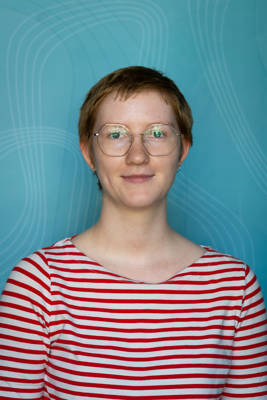The FAITHED project studies children and youth with a religious minority background in Norway and their relationship to non-formal and formal religious education, i.e. faith education within their own religious communities and the inclusive and non-confessional religious education of the public school.
- What are the characteristics of faith education within these religious communities?
- How do the children and youth themselves relate to and negotiate the relationship between this education and the subject KRLE (Christianity, Religion, Philosophies of Life and Ethics) of the public school?
- How does the public school meet students from religious minorities?
- And how do students in public schools consider religious and life-stance plurality?
These are the main questions to which the FAITHED project will start searching for answers. The field is complex and little researched.
The project concentrates on the two most numerous religious minorities in Norway, Muslim communities and the Roman Catholic Church. Both have a large proportion of members with immigrant background. An important aspect of the study concerns geographical differences. Much research on minorities in Norway has had an urban focus. Being Catholic or Muslim in a rural area may be a rather different experience.
The project will collect data from both Eastern and Western Norway, and from urban as well as rural areas.
The project period spans four years, 2021–2025, and is funded by the Research Council of Norway.
Project organization and partners
Four institutions are partners in the FAITHED project:
- Inland Norway University of Applied Sciences (INN),
- Volda University College,
- the Peace Research Institute Oslo (PRIO)
- KIFO Institute for Church, Religion, and Worldview Research.
The interdisciplinary research team includes twelve religious studies, education studies and social studies scholars, among them two PhD candidates.
The project leader Anders Aschim is a professor of religious education at INN.
An international Advisory board consisting of leading scholars from Sweden, Denmark, Germany and the United Kingdom is also attached to the project.








